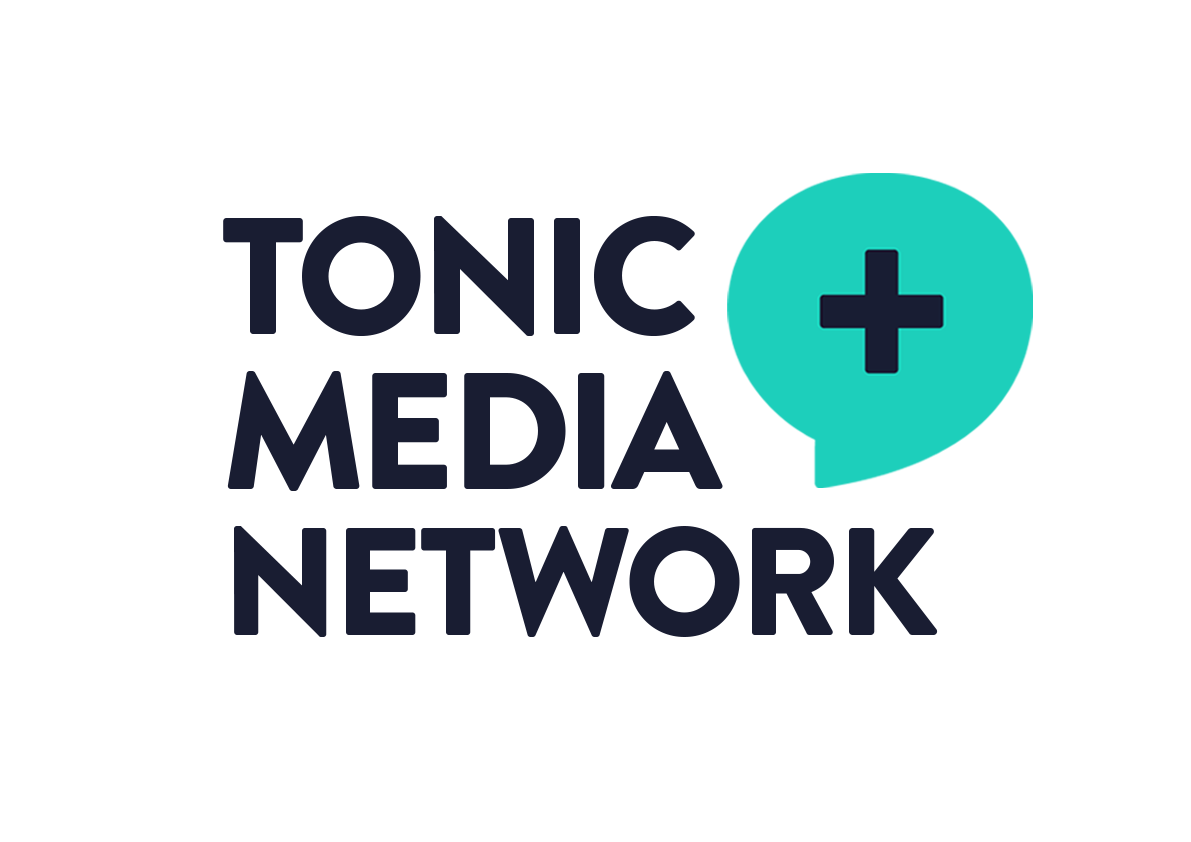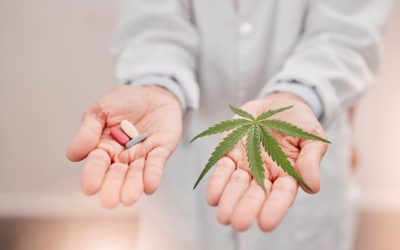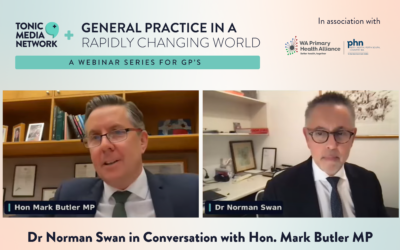Heat-related occupational injuries to Australian workers
The relationship between high ambient temperatures and workplace health and safety is increasingly relevant as global warming increases average temperatures across the world. Previous studies have shown that heat stress can cause a range of occupational injuries, with...
Delaying cord clamping to help preterm babies thrive
Over 13 million infants are born prematurely worldwide each year, posing significant risks to their survival and long-term health. One area of major interest in neonatal care is the timing of umbilical cord clamping. While delayed clamping (waiting at least 60 seconds...
Opioids and cannabis use
Opioid and cannabis use disorders are a major concern worldwide, constituting almost 80 per cent of all illicit drug use disorders. Their co-occurrence is of particular concern to clinicians and public health officials, especially with a backdrop of opioid harms and...
Is mental health declining over generations?
Recent data from several countries, including Australia, indicate a notable trend of declining mental health, even before the COVID-19 pandemic. In Australia, this trend is particularly evident in the increasing rates of mental and behavioural issues as reported in...
Effects of day and night light exposures on mental health
According to the Black Dog Institute, one in five (20%) Australians aged 16-85 experience a mental illness in any year. The importance of seeking out a healthy (and non-sunburning) level of sunlight in the day is well known, with multiple studies showing those who get...
Vitamin C deficiency more widespread than we think among certain groups
Many people with coeliac disease are thought to be undiagnosed or diagnosed late, especially children. It can be a challenging disease to detect, which means researchers are looking for innovative ways of picking it up. In this study, researchers in Brisbane wanted to...
Does tracing relatives help predict coeliac disease?
Many people with coeliac disease are thought to be undiagnosed or diagnosed late, especially children. It can be a challenging disease to detect, which means researchers are looking for innovative ways of picking it up. In this study, researchers in Brisbane wanted to...
Delays in breast cancer treatment
According to the Breast Cancer Network Australia, the risk of being diagnosed with breast cancer over a lifetime is 1 in 7 for women and 1 in 542 for men. Breast cancer, behind lung cancer, is the most frequent cancer-related cause of death for Australian women....
COVID-19 vaccine booster push as cases surge across Australia
COVID-19 is now one of Australia's leading causes of death according to data from the Bureau of Statistics. In recent months there has been a significant surge in the number of COVID cases across the country. Many Australians are under-vaccinated and need to protect...
General Practice in a Rapidly Changing World: A conversation with Mark Butler
The marketing around blue-light filtering or blocking lenses have been gaining popularity in recent years – with claims that they can boost visual performance while using devices like a smartphone or computer, protect your eyes from fatigue, and even improve sleep...
Do blue light glasses help with your eyes?
The marketing around blue-light filtering or blocking lenses have been gaining popularity in recent years – with claims that they can boost visual performance while using devices like a smartphone or computer, protect your eyes from fatigue, and even improve sleep...
Early menopause and diabetes
Type 2 diabetes affects about a tenth of all adults globally. Studies have typically focused on white men, but we know women may have unique risk factors for and predispositions towards type 2 diabetes – including menopause. Recent research at the University of...












